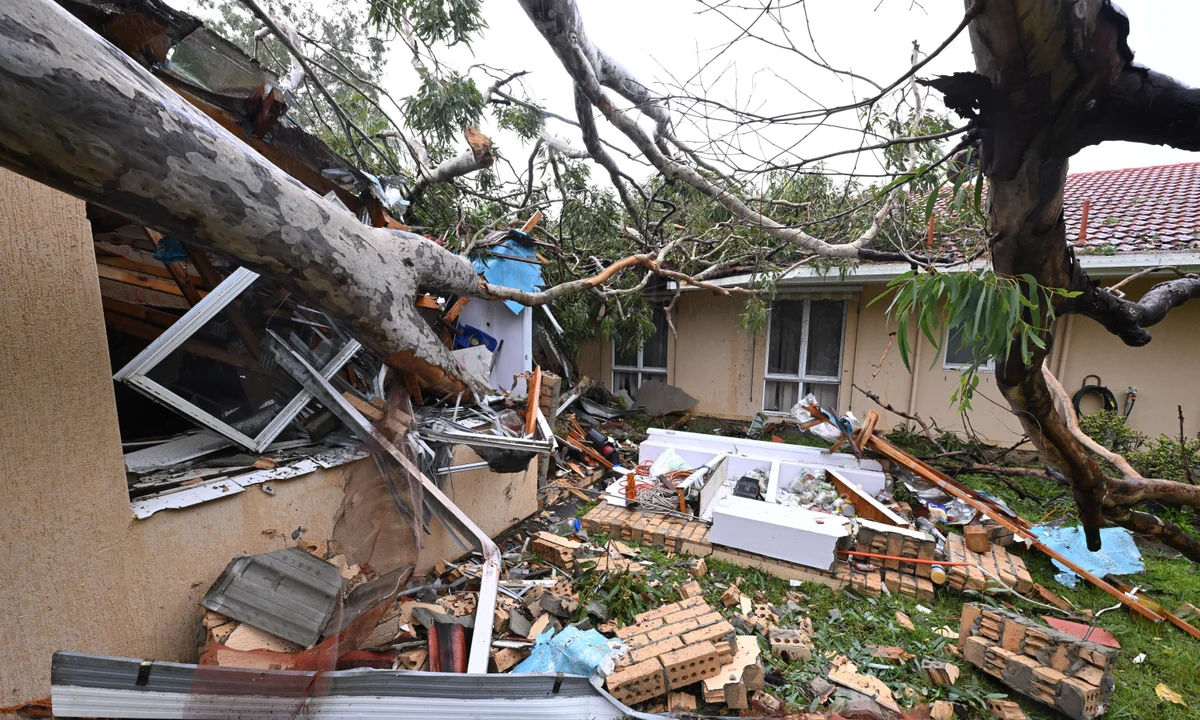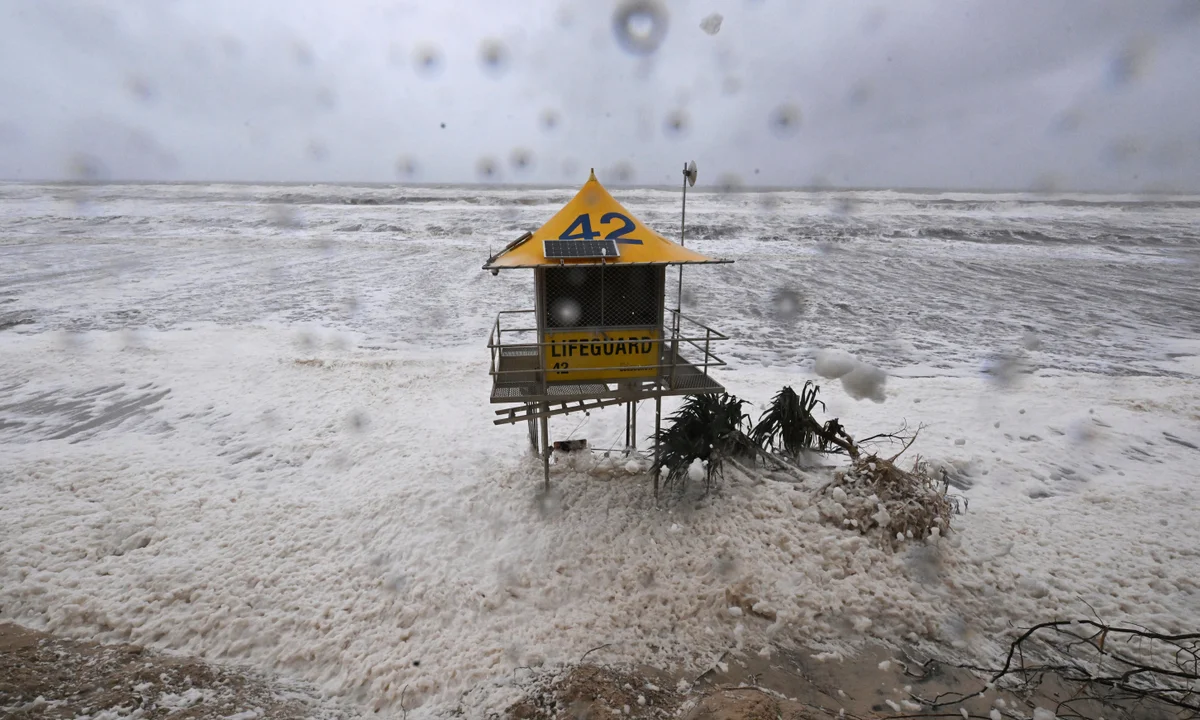As Tropical Cyclone Alfred battered Queensland in March 2025, thousands of welfare recipients found themselves facing not only the threat of severe weather but also uncertainty about their welfare obligations. Despite an official pause on mutual obligation requirements—tasks such as job applications or training attendance that are normally mandatory for welfare payments—many job seekers received communications from employment providers suggesting they still needed to participate in appointments.
This confusion left vulnerable Queenslanders anxious about their payments and obligations at a time when their focus should have been on safety and recovery.
Official Pause on Mutual Obligations Amid Cyclone Threat
In anticipation of Cyclone Alfred’s impact, the Department of Employment and Workforce Relations (DEWR) announced a temporary suspension of mutual obligation requirements for job seekers in several affected regions, including the Sunshine Coast, Somerset, Wivenhoe, Gold Coast, Darling Downs, Brisbane South East, and parts of New South Wales. The pause was initially set from 4 March to 13 March 2025, with further extensions as the cyclone’s effects continued to be felt. This measure was intended to ensure that welfare recipients would not risk losing payments if they were unable to complete their usual tasks during the emergency.
Employment Providers Send Mixed Messages
Despite the clear directive from the government, several private employment agencies sent emails to job seekers indicating that appointments—particularly phone appointments—would proceed as usual. One prominent disability employment provider, Help, initially informed clients that while offices would be closed, telephone appointments would continue and that in-person meetings would be rescheduled to phone calls. The email did not mention the mutual obligation pause, leading many recipients to believe participation was still mandatory.
This omission caused significant distress among job seekers, many of whom are accustomed to strict compliance requirements and fear the loss of payments if they do not follow instructions. As one jobseeker noted, the lack of clarity made it appear as though the requirements were still in place, reinforcing the perception that providers wield disproportionate power over participants.
Public Scrutiny Prompts Clarification

After media inquiries and public criticism, Help clarified its position, stating that all appointments during the cyclone were voluntary and that no compliance action would be taken against those who chose to cancel. The provider emphasized its commitment to supporting clients through hardship and promised to communicate the voluntary nature of their services more clearly in follow-up messages. However, Help did not specify how many phone appointments had already taken place before this clarification was issued.
The situation was not isolated to one provider. Reports surfaced of other job seekers in Brisbane being told to attend in-person meetings despite the official pause, underscoring a broader, systemic issue with how information is disseminated from government departments to frontline staff and clients.
Systemic Issues and Calls for Reform
Advocates and researchers have pointed to these incidents as evidence of deeper problems within the welfare system. Jay Coonan from the Antipoverty Centre described the confusion as “truly astounding” and indicative of a system that often fails to prioritize the well-being of its participants during crises. The lack of clear, consistent communication has led to widespread anxiety and frustration among job seekers, many of whom are already facing significant challenges due to the cyclone.
The controversy arises as the mutual obligations system is under review, with three separate investigations—including one by the ombudsman—examining whether the system is being used lawfully and appropriately by the DEWR. Advocates have called for an immediate pause on all mutual obligations while these reviews are underway, arguing that the current approach leaves vulnerable people exposed during emergencies.
Government Response and Ongoing Support
In response to the outcry, a DEWR spokesperson reiterated that no participant’s payment would be affected for missing appointments or failing to meet requirements during the pause period. The department stated that it had communicated the suspension through multiple channels, including direct messages, provider IT systems, website updates, and social media. Services Australia also took steps to inform affected individuals of the changes.
Additional support services were made available to those impacted by Cyclone Alfred, including disaster recovery payments and counseling. However, the episode has highlighted the need for clearer, more empathetic communication between government agencies, employment providers, and welfare recipients—especially during times of crisis.
As Queensland begins to recover from Cyclone Alfred, the confusion surrounding welfare obligations serves as a stark reminder of the importance of transparent and timely communication in the social safety net. For many job seekers, the experience has renewed calls for reform and a more compassionate approach to welfare administration, especially when disaster strikes.

